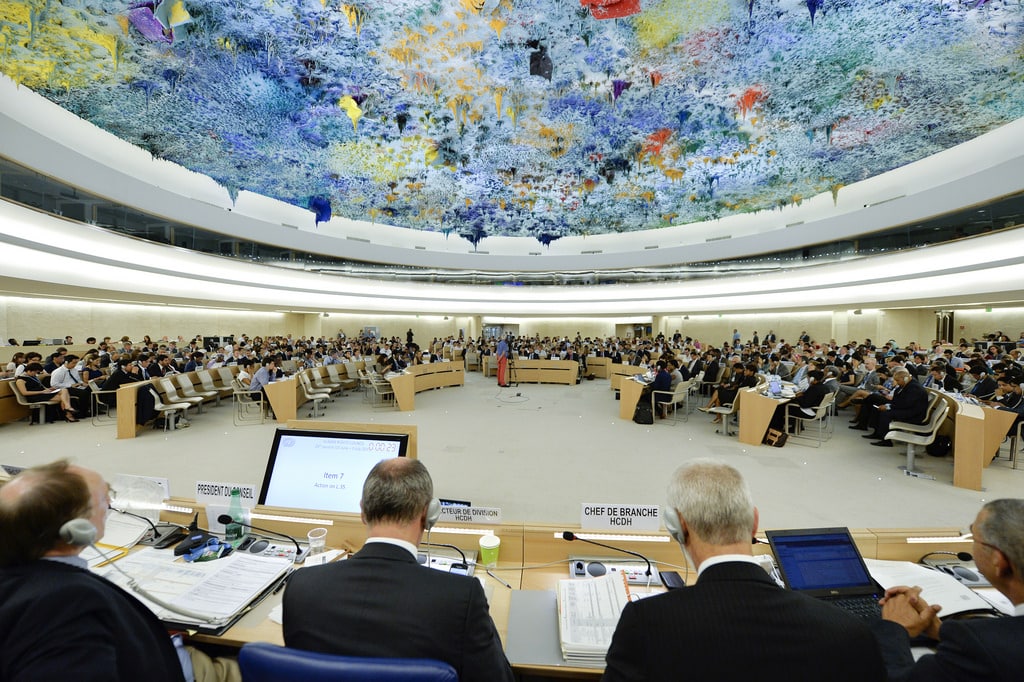The Cameroon government has again issued orders to block access to the entire internet in Anglophone regions of the country, this time in the lead up to Oct. 1, 2017, a day for planned demonstrations in those regions. On Oct. 1, with networks down, state security forces killed at least eight protesters, once again demonstrating the link between communications disruptions and state-sponsored violence. Amnesty International told Reuters on Thursday that more than 20 people were killed between Oct. 1 and 2.
Thereafter, social media platforms have been blocked, with individuals employing VPNs to circumvent the ban (read the press release from #KeepItOn coalition member Internet Without Borders).
This marks the second time in 2017 that Cameroon’s government, despite international condemnation, has chosen to deprive millions of citizens of the fundamental right to access and impart information online. The censorship appears to contradict a statement made on September 27, 2017, in which the Minister of Posts and Telecommunications declared that Cameroon is a country where the rights of citizens, including the right to access and share information on the internet, are guaranteed and protected.
Responding to this second shutdown, Access Now and our partners delivered evidence to the United Nations on the current status of digital rights in the west African nation. We also sent an Open Letter to the Cameroon Government, signed by more than 20 Cameroonian and international organizations, demanding an immediate end to the shutdown.
At the United Nations, Access Now and Internet Without Borders submitted this brief to the U.N. treaty body in charge of civil and political rights. Cameroon has committed to upholding the International Covenant on Civil and Political Rights (ICCPR), including Article 19, which protects the freedoms of opinion and expression. The ICCPR is interpreted by the Human Rights Committee, which reviews state compliance every few years, including on their promotion of freedom of expression. We told the committee that Cameroon’s “government-ordered shutdown constitutes a violation of Article 19 of the ICCPR.”
Next was the Universal Periodic Review, a process at the U.N. Human Rights Council that gauges the complete human rights record of every U.N. member every four and half years. Access Now, Internet Without Borders, APC, and ADISI-Cameroun jointly offered detailed evidence on the privacy impacts of government surveillance in Cameroon. For example, the 2010 Cybersecurity and Cybercriminality Law permits the immediate identification of internet users without sufficient safeguards against abuse of power and invasion of privacy. We also highlight need for better infrastructure to connect residents to the internet, and condemn the two shutdowns in 2017.
For its part, the U.S. government also warned against interfering with free expression and internet access. The State Department urged “the Government of Cameroon to respect human rights and freedom of expression, including access to the internet.” This welcome statement should be mirrored by all relevant diplomats and foreign offices of the 30 governments in the Freedom Online Coalition, who issued a joint statement on shutdowns earlier this year.
We fully expect the United Nations to review our evidence and draw attention to the malice Cameroon authorities have shown toward the rights of Anglophone citizens as they exercise their human rights in the digital age. This aggression will not stand. Follow the #BringBackOurInternet and #KeepItOn hashtags to join our campaign.
